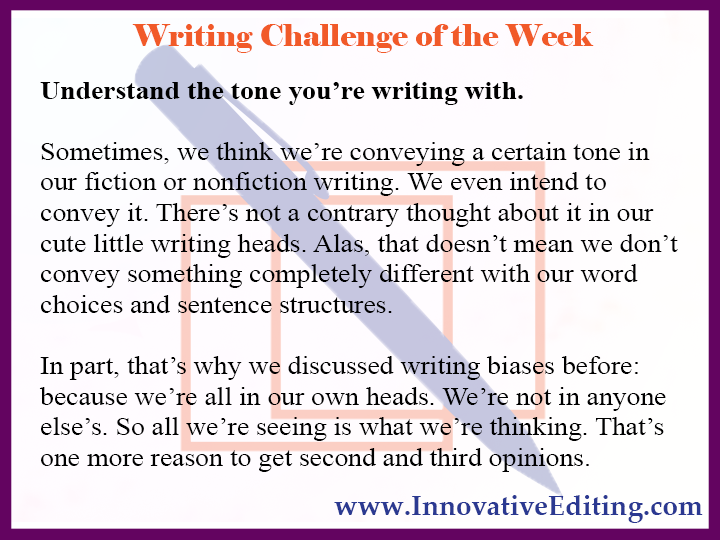Sometimes, a Creative Analogy Just Isn’t Going to Work in Your Writing
- Jeannette DiLouie
- May 3, 2017
- 3 min read

Every writer worth his or her salt wants to come up with the next awesome analogy: a comparison or even contrast that makes every reader come to a complete stop, marveling at how utterly splendid the association is.
That obsession goes all the way back to Creative Writing 101, where we’re taught not to use clichés. And sure, that’s a good rule of thumb. But #1, I don’t think it’s going to kill anyone or anything if we employ a few over the course of a whole novel-length manuscript.
As for #2, there’s a reason why clichés are clichés in the first place.
It’s because some writer or other creative type came up with the next awesome analogy way back when, everyone recognized it for the splendid association it was, and it took off from there until it became downright trite, the very opposite of what it started out as.
That doesn’t make it any less accurate though.
Take “whitewashed panic” to describe full-blown terror. I have no idea who originally coined it, but it’s safe to state the saying’s not original anymore. All the same, it really is the perfect description for certain types of situations.
I know this from an encounter with a shark I had a few years ago.
My older sister and I were out in the ocean off the Outer Banks, North Carolina, up to our chests about 25 feet offshore. It was a beautiful sunny day and there wasn’t a single wave to be seen out on the horizon, just the sun sparkling off a million little crinkles on an otherwise flat expanse of blue.
That meant we had a perfect view of the grey triangle that drifted straight across our line of vision a yard and a half further out to sea.
Christina and I both froze, our eyes huge before we turned to each other, turned back to the shark fin, and then – as if we were a single entity – rotated in the water to face the beach.
That’s where our parallel moves ended though.
My sister immediately began walking toward shore, while I immediately began trying to swim toward it. As it so happened, while there were no waves on the ocean’s surface, there appeared to be a decent undertow underneath, which immediately began dragging me further out. Toward the shark.
Being abjectly terrified of such toothy critters, I lost it. There wasn’t a single rational thought in my head. My vision was replaced with nothing but white, and I began flailing like an absolute idiot – the very thing you’re not supposed to do around sharks.
Christina told me later she thought she was going to have to knock me out and drag my unconscious body back to shore. Instead, she managed to grab me by the shoulders and shout in my face that we needed to walk to the shore.
We could touch the bottom. We needed to walk.
Somehow, that message made it through my ear canals, along my auditory nerves and into my brain. I’m not sure of the exact details though, All I know is that I could start making out actual objects again after that.
When I tell the story today, I always remember my feelings and vision as being whitewashed panic. And that’s how I describe it too, because that’s the most accurate description I can grasp, cliché or not.
In other, much more benign, cases, an analogy might not work at all because there’s nothing to compare an entity or idea to. It’s simply what it is; and trying to pretend otherwise does the original a disservice.
There are simply some sights and sounds that defy description. Words can’t do them justice, no matter how hard you make them work.
I came to that conclusion last week when I was flying out to Las Vegas, the plane high enough in the air that I could look down at a beautiful combination of white and blue.
When we’re down on the ground, it’s fun to say that clouds look like animals or shapes or oceans or whatnot. But from a higher angle, I dare you to capture their alien contours with a mere metaphor.
They don’t look like whipped cream or cotton candy. They’re not mashed up marshmallows or the meringue on top of a lemony concoction.
There’s nothing quite like them.
So far, depending on the kind of cloud, the best analogy I can come up with is that they look like the melting ice cream on top of a blue bowl of party punch.
Maybe cotton candy too, depending on the cloud. Maybe. But not quite.
So writers, when you’re writing, don’t worry too much about being clever or coming up with the next awesome analogy. Your work really won’t be ruined by a cliché or two – not if the rest of your story is strong.




